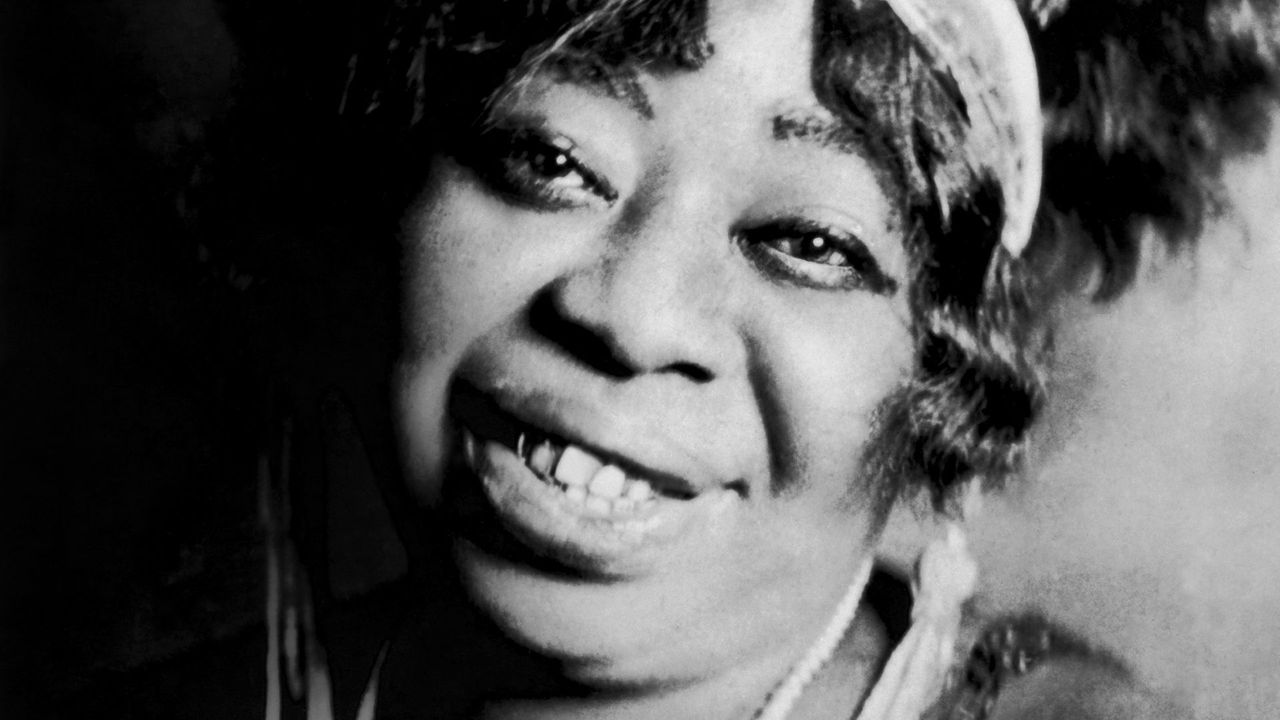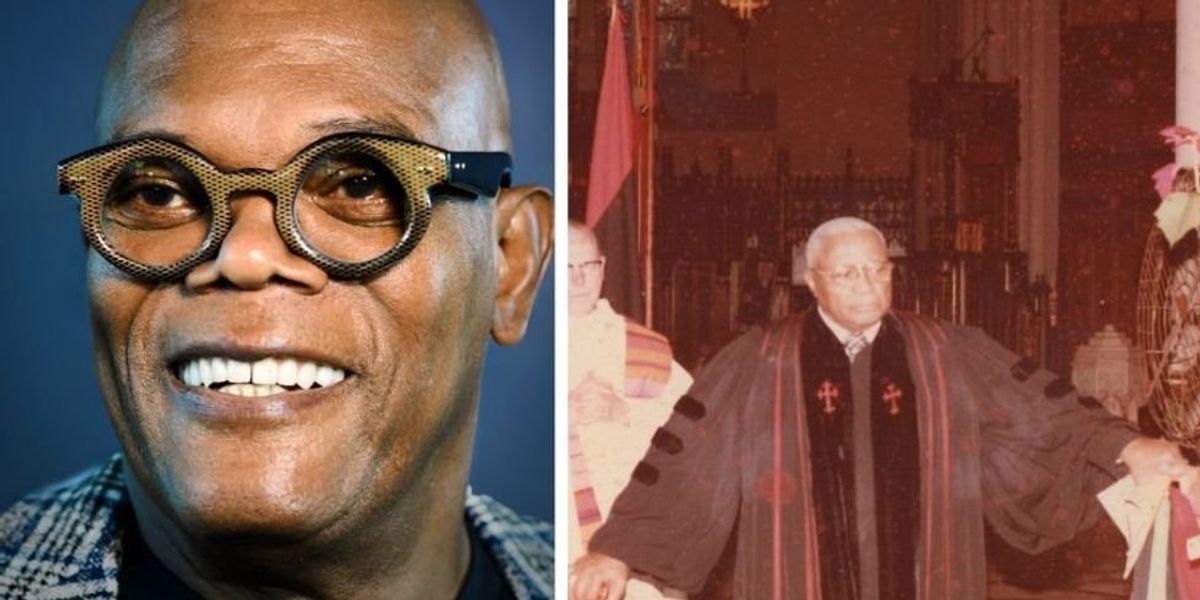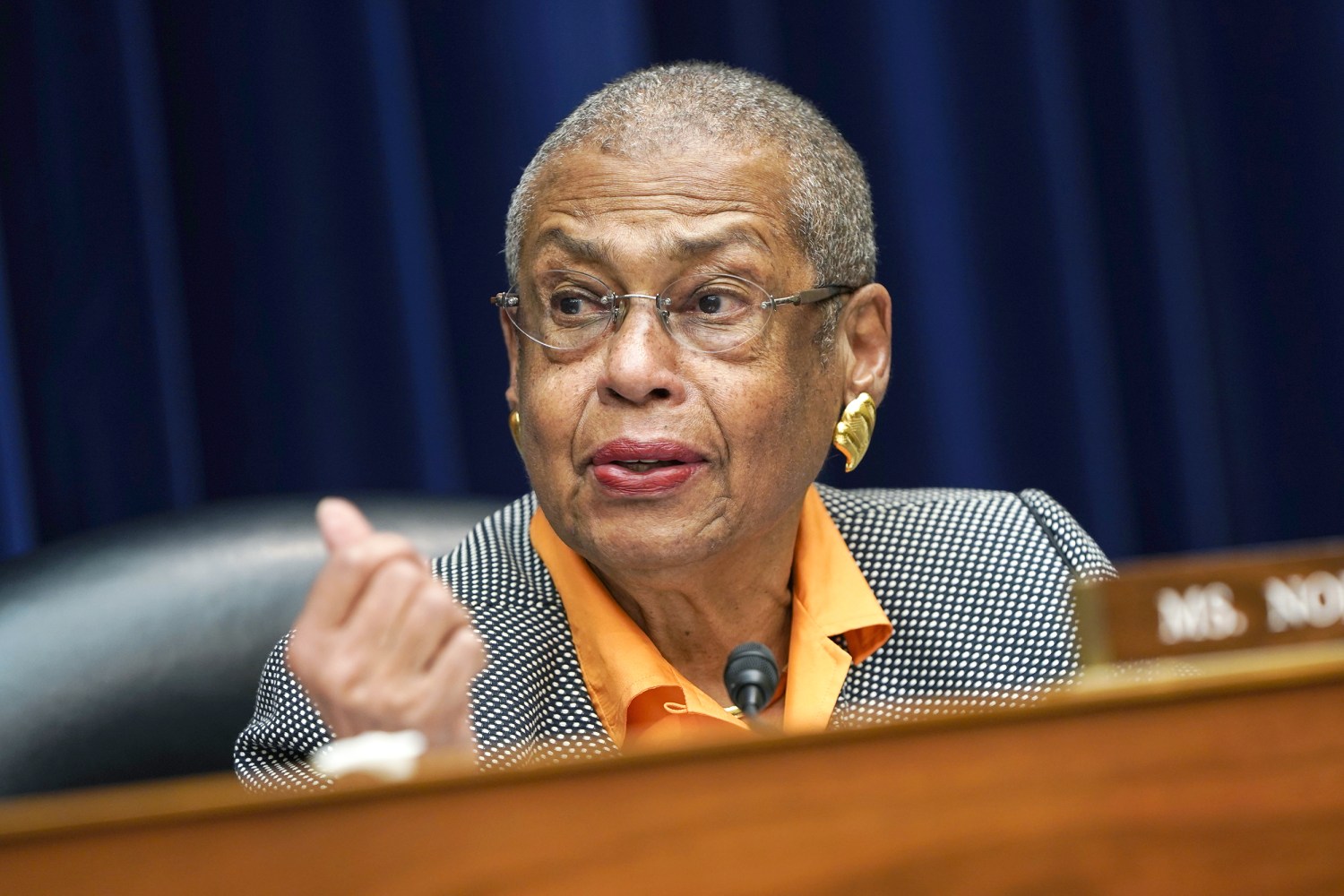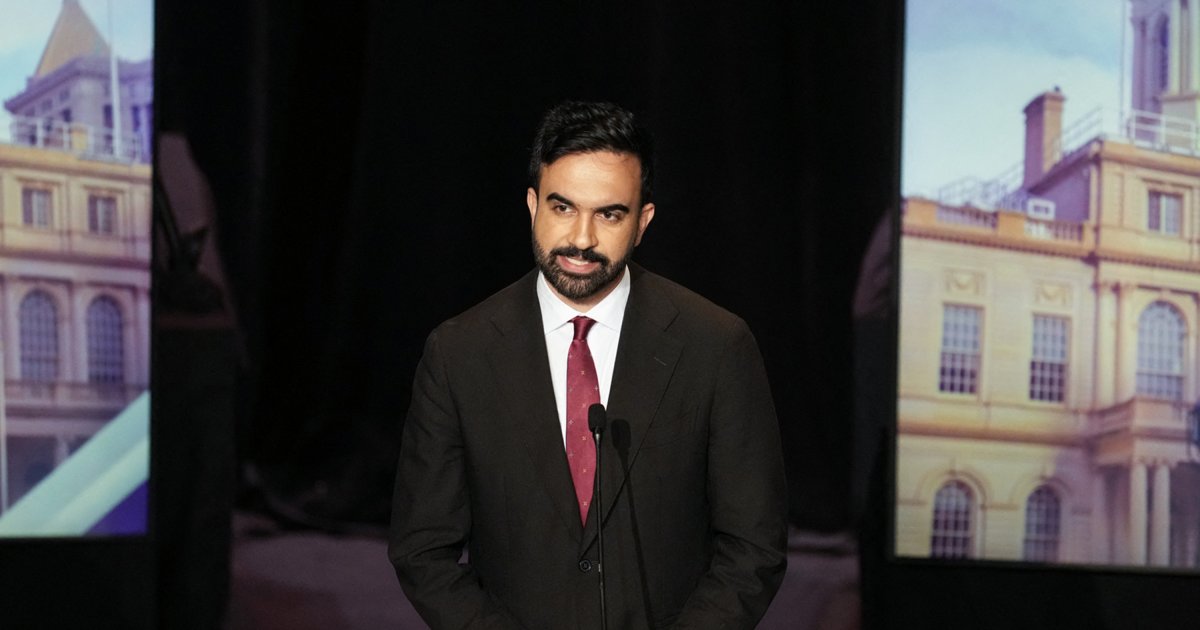- BlackVoter.Org
- Posts
- BlackVoters.Org
BlackVoters.Org

The unexpected results from the New York City mayoral race have sent shockwaves through the Democratic Party, igniting urgent discussions about its future. As candidates emerged and voter preferences shifted, it became clear that traditional party lines may no longer guarantee success.
This turning point highlights broader trends within Democratic ranks, reflecting an electorate weary of status quo politics and craving fresh, relatable leadership. The election outcome serves as a wake-up call, urging Democrats to reassess their strategies and reconnect with the diverse voices of their constituents.
In the evolving political landscape, adaptability and innovation will be key for Democrats aiming to regain their footing and resonate with voters eager for change. The NYC mayoral race may just be the harbinger of a new chapter for the party.

In the wake of military action against Iran's nuclear facilities, President Trump is determined to project an image of triumph by asserting that Iran’s program has been “obliterated.” This bold claim serves two purposes: it enhances Trump's strongman persona and deflects attention from potential failures.
Reports hint that the raids may not have fully dismantled Iran’s capabilities, raising the specter of further military action and political fallout. Trump's administration is scrambling to uphold this narrative, with senior officials attempting to counter media skepticism, while Trump himself declares the mission a “total success.
” However, doubts linger about the actual effectiveness of the strikes, and as intelligence assessments unfold, the truth may muddy his grand claims. This precarious situation could jeopardize future diplomatic relations and challenge Trump's carefully curated image just as he angles for a legacy-changing peace agreement with Iran.

In the vibrant tapestry of early 20th-century music, Ma Rainey's 1928 hit "Prove It on Me Blues" stands out as a bold declaration of queer identity, making waves as one of the first gay anthems. Rainey's unapologetic lyrics reflect her experiences as a black woman loving women—a sentiment seldom articulated in her time.
Born Gertrude Pridgett, she transformed a humiliating arrest into a powerful proclamation of love and desire, stating, "They must've been women." This song not only resonated with black women craving representation but also ushered in a new era of recognition for female blues artists who challenged societal norms.
Rainey, alongside contemporaries like Bessie Smith, celebrated themes of female empowerment and sexuality, making black queer culture visible to a broader audience. "Prove It on Me Blues" remains a cultural milestone, affirming the resilience and autonomy of women in a world hesitant to embrace their truths.

On the eve of Juneteenth, Senators Chuck Schumer, Cory Booker, Raphael Warnock, and Angela Alsobrooks convened at the U.S.
Capitol for a powerful dialogue with Black media, linking the historical significance of Juneteenth to ongoing racial and economic injustices. They underscored the importance of advocating for policies that uplift the Black community, addressing issues like civil rights, healthcare, and economic opportunities.
Senator Warnock emphasized that federal cuts disproportionately affect Black communities, while Schumer encouraged persistence in the fight for equity, connecting the struggle for Juneteenth's recognition as a federal holiday to broader civil rights movements. This celebration of Juneteenth served not only as a remembrance of emancipation but as a rallying cry for continued activism, reminding all that the journey toward justice and equality is an ongoing battle that requires unwavering commitment and grassroots organizing.

Samuel L. Jackson, a Hollywood titan known for his iconic roles, once had a gripping past as a radical activist during the Civil Rights Movement.
He grew up amidst segregation, feeling the weight of systemic injustice. The 1968 assassination of Martin Luther King Jr.
pushed him to take a bold stand at Morehouse College, where he and peers held the Board of Trustees hostage—including King's father—demanding vital changes to the curriculum. Although expelled, this intense act mirrored his growing radicalization during a turbulent era.
Fast forward to today, and Jackson embodies a complex dichotomy: from once protesting against the establishment to now portraying Uncle Sam in a Super Bowl performance. His journey poses intriguing questions about the evolution of activists into figures of authority.
Samuel L. Jackson's transformation is a potent reminder of the struggles and shifts within social movements—one that continues to resonate in the modern narrative of activism.

Eleanor Holmes Norton, the nonvoting delegate representing Washington, D.C.
in Congress, is showing a bit of political tug-of-war over her re-election plans. At 88, Norton has declared her intent to run for another term—not once, but twice this month.
However, her office quickly dampens the enthusiasm with follow-ups stating there’s “no decision” yet. This curious back-and-forth raises eyebrows, especially amid a challenging political landscape where the Republican-led Congress seeks to influence D.
C. local laws.
As one of the longest-serving members—making waves since 1991—Norton’s situation mirrors that of California's late Senator Dianne Feinstein, marking a moment of introspection for Democrats regarding age and leadership. With Norton still in discussions with family and advisors about her future, the political stage awaits her next move.

In a stunning development for New York City's political landscape, 33-year-old socialist Zohran Mamdani clinched the Democratic primary for mayor with 43.5% of the vote, outperforming former governor Andrew Cuomo's 36.
4%. His victory signals a shift in the party's dynamics, appealing primarily to affluent voters in neighborhoods like Queens, Brownstone Brooklyn, and Manhattan.
Mamdani's win came despite Cuomo’s strength in low-income and African-American communities, highlighting a complex voter base. In his celebratory speech, Mamdani stated, “Tonight, we made history,” referencing a new wave of progressive politics poised to reshape NYC.
Meanwhile, Donald Trump did not hold back on criticizing the outcome, calling Mamdani a “100% communist lunatic” and questioning the Democratic Party's choices. As Mamdani gears up for the general election, his triumph is both a beacon for progressives and a flashpoint for debates surrounding socialism in America.